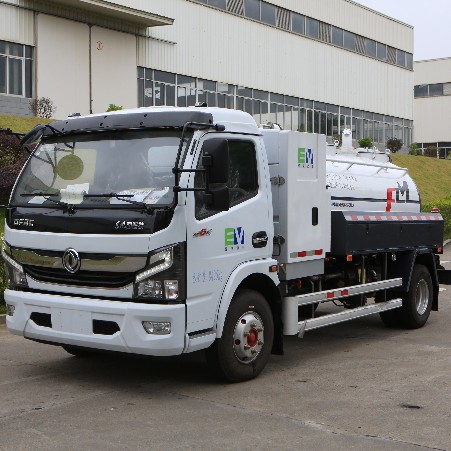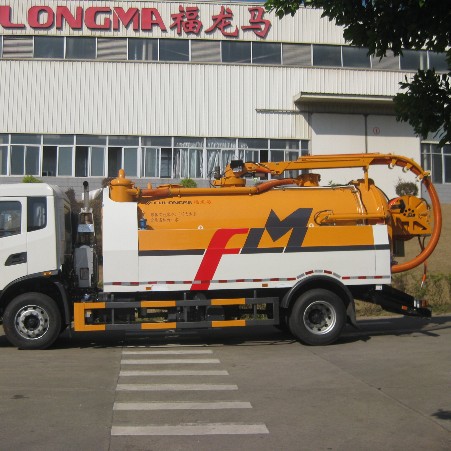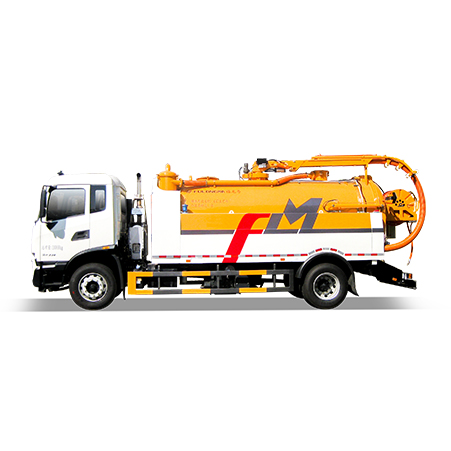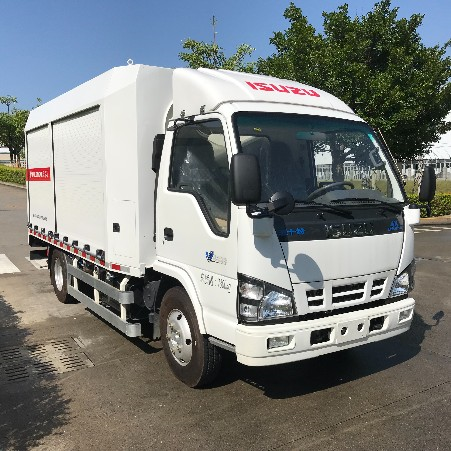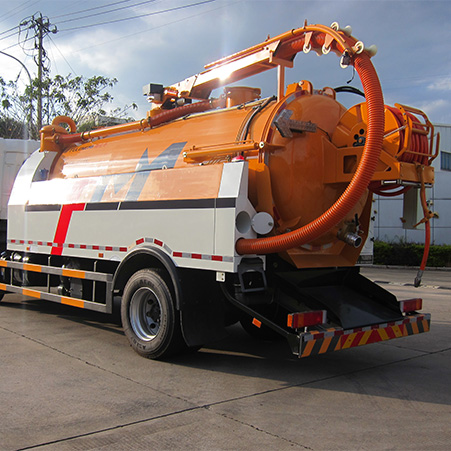In the bustling cities we inhabit, cleanliness and sanitation are paramount. Imagine a cityscape free from the odors and hazards of waste—a vision made increasingly possible by septic tank trucks. These mobile units are not just about cleaning, they’re about transforming urban environments into healthier spaces for all. Among the unsung heroes of urban hygiene are septic tank trucks, versatile vehicles that are revolutionizing the way we think about and manage waste.
What is a Septic Tank Truck?
A septic tank truck, often referred to as a “honey wagon,” is a specialized vehicle equipped with a powerful vacuum and storage tank designed to pump and transport sewage from septic systems and portable toilets to treatment facilities.

Septic Tank Truck Historical Context
The journey of septic tank trucks began in the early 20th century, evolving from simple cart-based systems to the sophisticated, high-capacity vehicles we see today. This evolution mirrors the advancements in public health and urban planning.
How Do Septic Tank Trucks Work?
At the heart of a septic tank truck’s operation is the vacuum pump, which creates negative pressure to suck up waste. The waste is then securely contained within the truck’s tank until it reaches a designated disposal site.
Benefits of Septic Tank Trucks
The benefits of septic tank trucks extend far beyond mere waste disposal. These versatile vehicles play a crucial role in maintaining public health, protecting the environment, and supporting economic development. Some of the key benefits include:
Preventing Disease: By safely removing and disposing of waste, they prevent the spread of infectious diseases.
Environmental Protection: They ensure that waste is treated properly, protecting water sources and ecosystems.
Efficiency: Their operation reduces the time and labor involved in waste management.

Safety Measures
Safety is a top priority when operating septic tank trucks. Operators are trained in handling hazardous materials, and trucks are equipped with features to prevent spills and leaks.
FAQs
How often should a septic tank be pumped?
It’s recommended every 3-5 years, depending on usage and size.
Can septic tank trucks remove blockages?
Yes, they can often clear blockages during the pumping process.
Are there any items that shouldn’t be disposed of in a septic system?
Yes, avoid flushing non-biodegradable items, chemicals, and grease.
How do septic tank trucks dispose of the waste they collect?
The waste is taken to treatment plants where it is processed and treated.
Can septic tank trucks service both residential and commercial properties?
They are equipped to handle waste management for a variety of properties.


